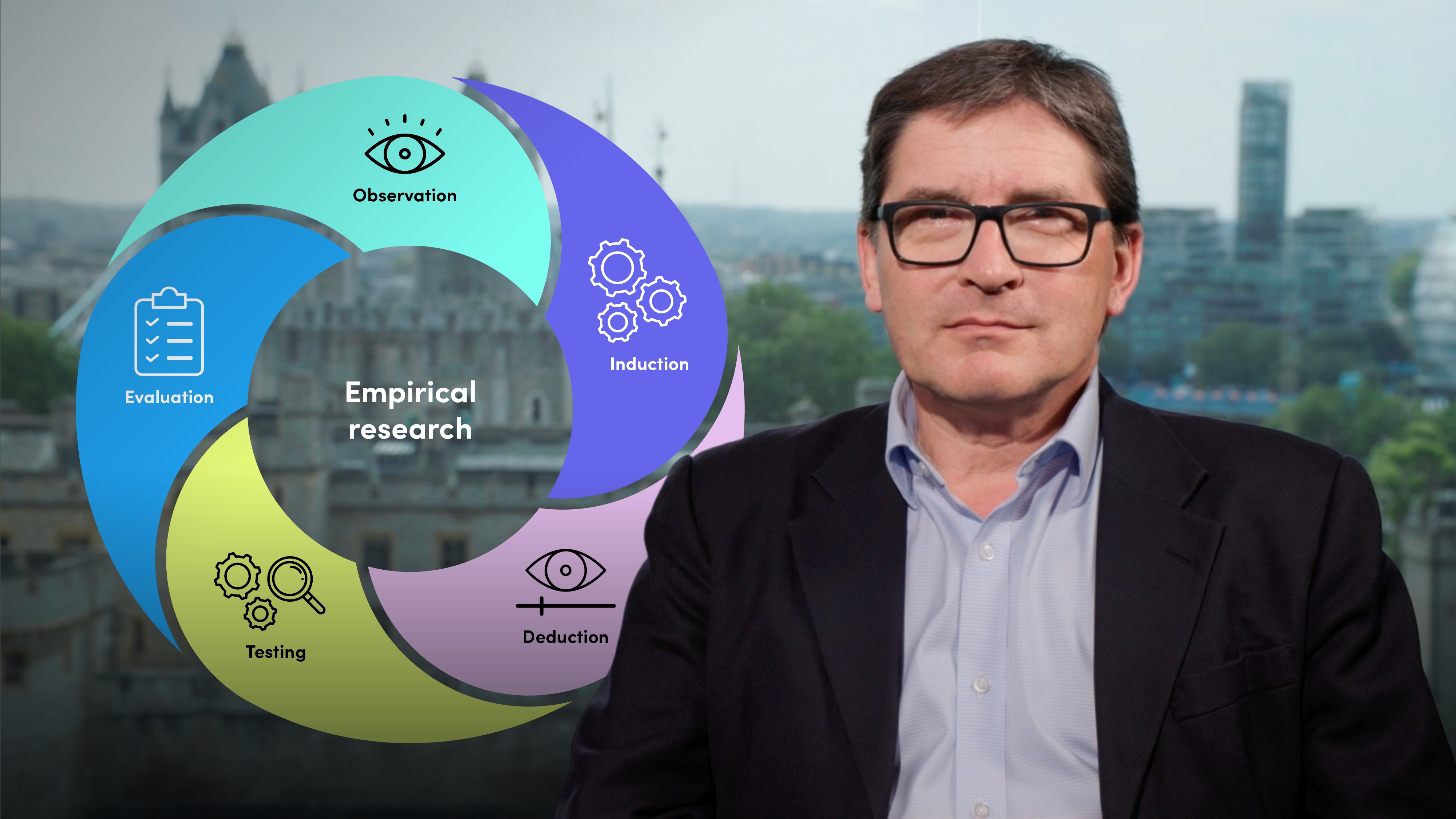
Culture Audits in Practice

Roger Miles
25 years: Behavoural science & conduct
Analysing the DNA of a firm through the novel but valuable behavioural lens allows culture auditors to highlight previously unseen issues just as a conventional audit does, but it also helps to design new ways of behaviour, intervening where there are abusive, neglectful or irresponsible business practices, in order to deliver real improvement to business value and staff engagement. This is due to the fact that conventional audits tend to overlook human limitations and will blame control failures on lack of human skill or failure of will. They fail to consider the fact that controls may have failed due to certain cultural drivers, which a culture audit should pick up.
Analysing the DNA of a firm through the novel but valuable behavioural lens allows culture auditors to highlight previously unseen issues just as a conventional audit does, but it also helps to design new ways of behaviour, intervening where there are abusive, neglectful or irresponsible business practices, in order to deliver real improvement to business value and staff engagement. This is due to the fact that conventional audits tend to overlook human limitations and will blame control failures on lack of human skill or failure of will. They fail to consider the fact that controls may have failed due to certain cultural drivers, which a culture audit should pick up.

Culture Audits in Practice
13 mins 2 secs
Key learning objectives:
Learn the differences between the conventional business audit and culture audit
Understand some cultural drivers that may cause control failures
Outline some culture tools essential to conduct a culture audit
Overview:
Analysing the DNA of a firm through the novel but valuable behavioural lens allows culture auditors to highlight previously unseen issues just as a conventional audit does, but it also helps to design new ways of behaviour, intervening where there are abusive, neglectful or irresponsible business practices, in order to deliver real improvement to business value and staff engagement. This is due to the fact that conventional audits tend to overlook human limitations and will blame control failures on lack of human skill or failure of will. They fail to consider the fact that controls may have failed due to certain cultural drivers, which a culture audit should pick up.
What are the similarities between conventional audit and culture audit?
- Both disciplines are evidence-based
- Both employ sampling techniques to deliver data
- Both forms of audit will also soon be mandated by regulation
- Both provide not just a compliance check but broader business benefits too
- Both use and apply their own ethical conduct principles
What are the key cultural drivers of audit?
- Bias in decision making
- Poorly designed controls
- Unexpected gaps in well-designed controls
What are the essential methods used in a culture audit?
- Staff perception surveys - They are a good way to collect anonymous feedback from staff, to monitor progress across time and to identify areas of strength and weakness, although they do also have significant drawbacks.
- Interviewing - The aim of a culture interview is to facilitate a discussion that explores the interviewee’s experience and what they have observed happening in their firm.
- Behavioural Observation - It urges us to observe the evidence of all our senses and avoid reliance on proxy indicators, risk metrics, or second-hand reports.
What are things to remember when conducting interviews?
- Do not ask a question that biases the interviewee
- Establish rapport quickly
- Create an environment where the interviewee can comfortably reflect on their own experiences and insights

Roger Miles
There are no available Videos from "Roger Miles"

